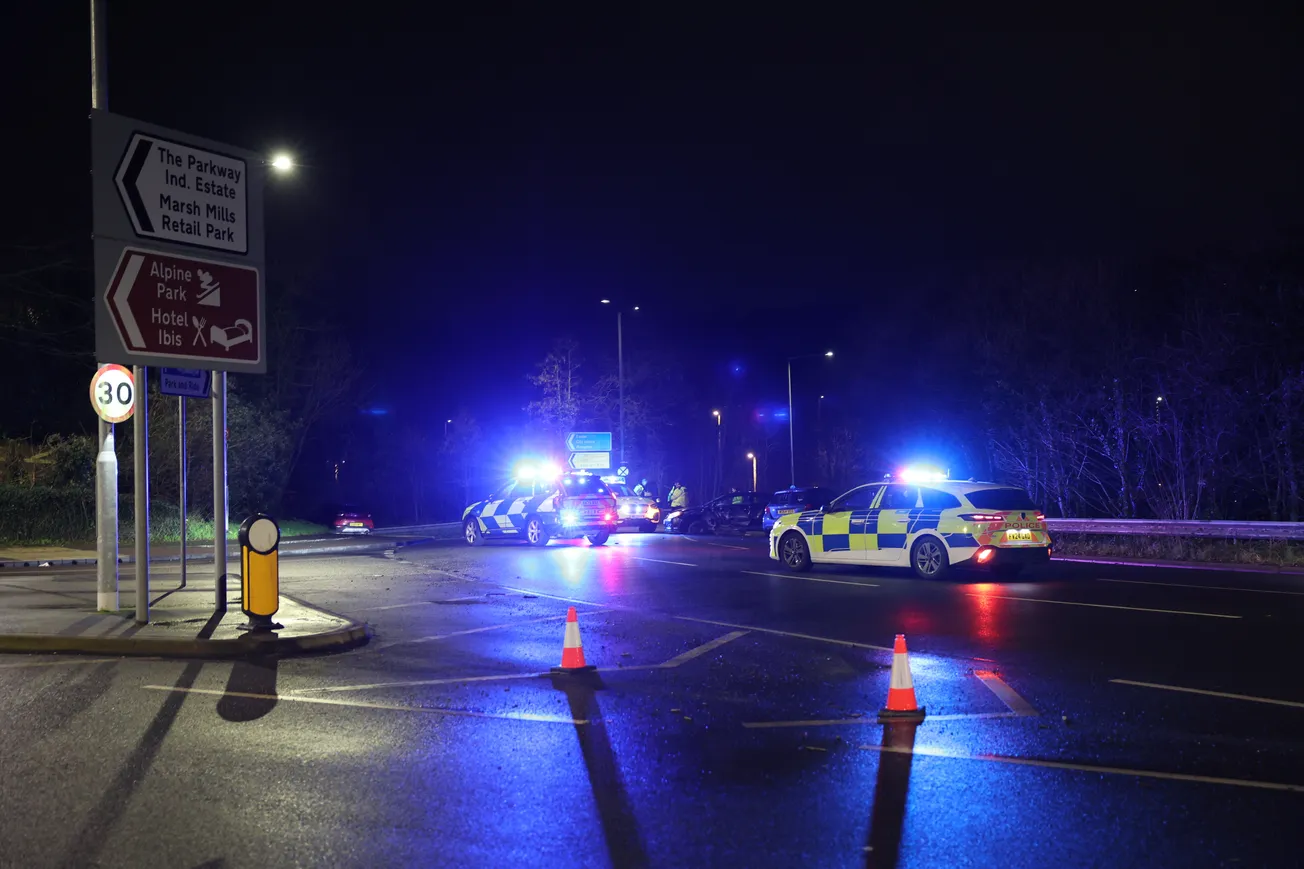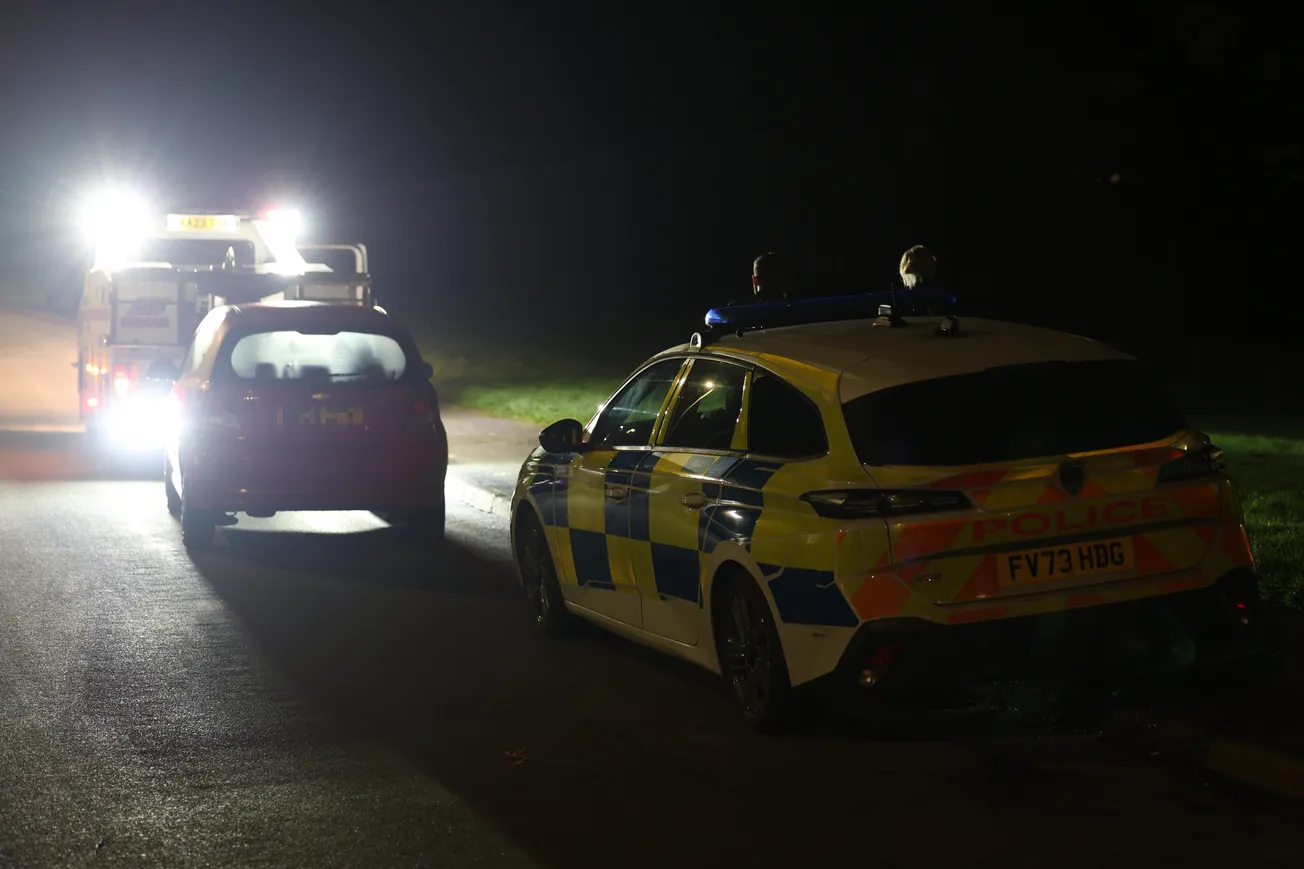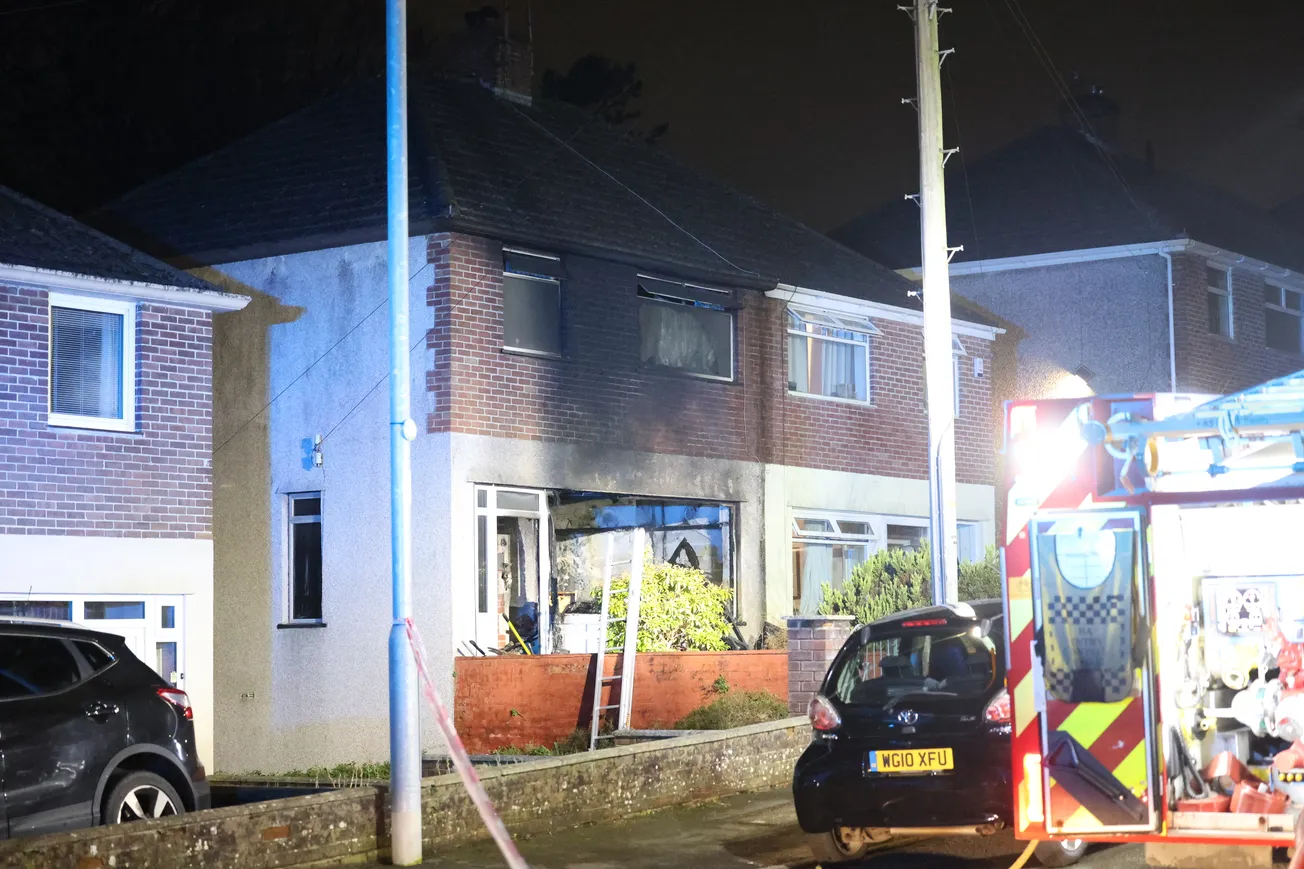The Mayor for Plymouth campaign has released a new briefing report on the cost of introducing a Directly Elected Mayor, casting doubt on Tudor Evans’s claim that a Mayor will cost the taxpayer £1.5 million a year.
A referendum is taking place on July 17 for Plymothians to vote on whether the city should be run by a directly elected leader.
Currently the leader must be a councillor chosen by other councillors, but if the referendum is a success, people will be able to choose their leader directly, from a wider range of candidates from across the city.
A directly elected leader would not need to be political, but would be directly accountable to the people of the city.
The 82 page long report was produced by the Mayor for Plymouth campaign’s internal research team and compiles Freedom of Information requests submitted to existing councils who have taken on Directly Elected Mayors.
The campaign received responses from three-quarters of those councils and costs, including allowances, staff and training. This data was then compared to Plymouth City Council’s own data to understand the costs and potential savings.
The data shows that the median average cost associated with each Directly Elected Mayor in 2024/25 was £258,002. Based on population Plymouth could expect costs similar to cities like Leicester, Bedford and Doncaster – all of which are below this figure.
The Mayor for Plymouth campaign also highlights the potential savings associated with introducing a Directly Elected Mayor. Opponents paint savings and costs as independent choices, but councils led by Directly Elected Mayors are already implementing cost saving actions.
Recent examples include removing senior Council Officers (Leicester), cutting the cabinet from 9 to 4 members (Doncaster), moving to all out elections (Bristol) and reducing the number of councillors (Tower Hamlets).
The Mayor for Plymouth’s campaign accepts that not all of these changes can be made and are keeping their estimates conservative, but just some changes could achieve a net saving of £249,179.
The campaign highlights the current cost of democracy in Plymouth. Plymouth City Councillors received £1,141,559 in allowances in 2024/25. When the cost of expenses, elections and democratic support is added in, the current system costs £2,035,583 a year at 2024/25 prices.
The data also contradicts opposition claims about Directly Elected Mayors employing a large entourage of staff. The median average cost of these teams is actually £133,361. Plymouth City Council already spends £615,634 on its democratic support and governance teams for councillors, so a Directly Elected Mayor could be supported from the existing budget.
Finally, this referendum should not be reduced to financial arguments. The Plymouth Knows Better campaign - the group campaigning against a DEM - are putting the cost of a Directly Elected Mayor at the heart of their campaign because the record of the current Council Leader is indefensible.
The opportunity cost of poor leadership is just too high. Bedford’s Mayor is pretty much cost neutral, but their Mayor was recently thanked by Sir Keir Starmer for getting a deal to open a Universal Theme Park over the line.
Leicester’s Mayor saves over £100,000 a year as he replaced the council’s CEO and has made Leicester a space superpower – launching a Space Park with astronaut Tim Peake. Perhaps most relevant to Plymouth, Doncaster’s Mayor has saved money by reducing the size of her cabinet from 9 to 4, and is reopening their airport in 2026.
Sign up for free below to get notified with all the latest breaking news from Plymouth Plus.





